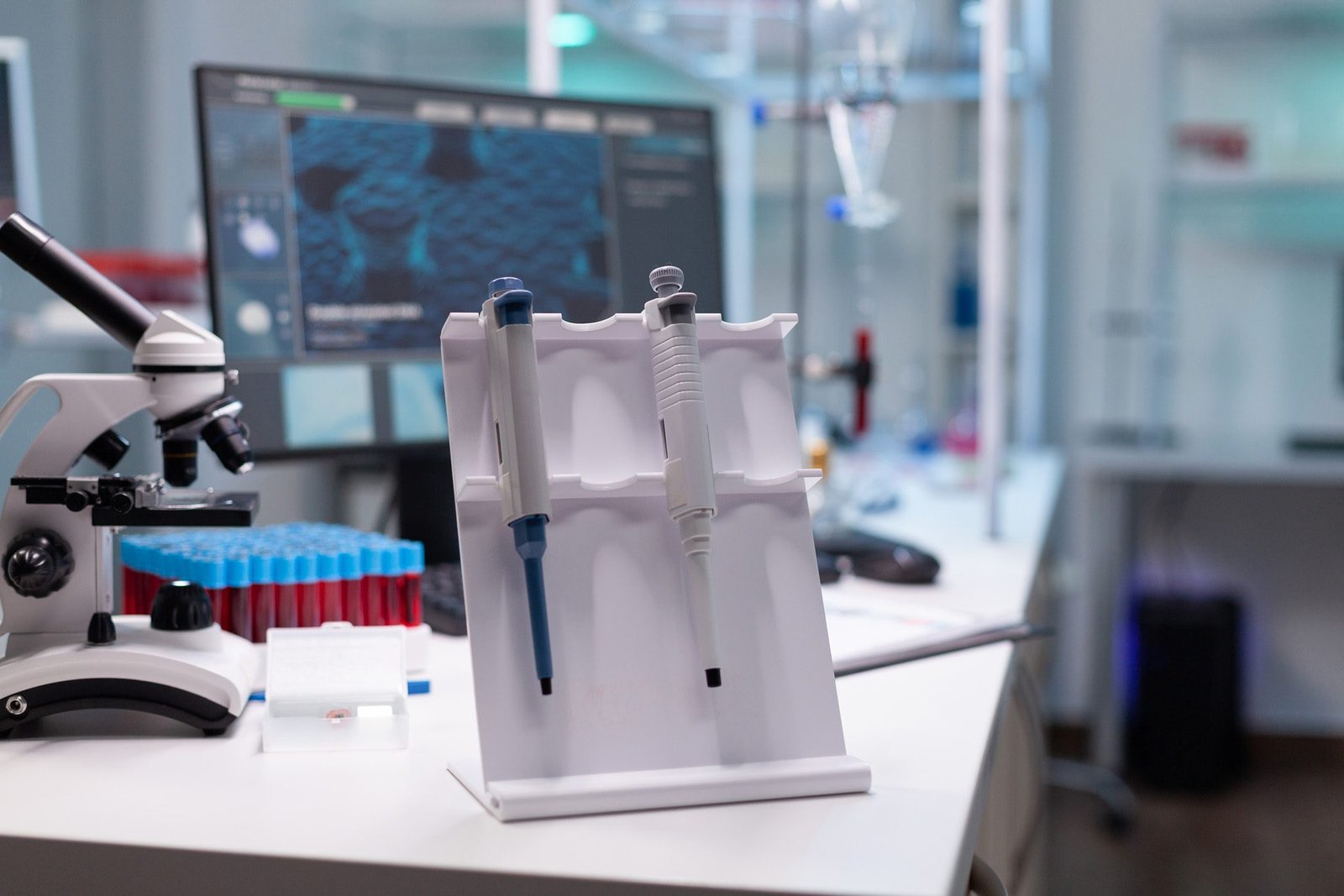
QUIENES SOMOS
The International EPIGEN Laboratory is a unique pilot project at national level, with direct scientific supervision in Germany (MPI-HLR, Max Planck Institut für Lung-und Herz Forschung) and France (IMoPA, Ingénierie Moléculaire et Physiopathologie Articulaire, UMR 7365 CNRS, Université de Lorraine). Founded in 2021 by the Council of Science and Technology of the State of Puebla (CONCYTEP). It is physically located at the Science Institute (ICUAP) of the University of Puebla (BUAP).


















Facebook Posts
Participa en el conversatorio sobre el 25 de noviembre (25N) que conmemora el Día Internacional de la Eliminación de la Violencia contra la Mujer, con el fin de visibilizar y erradicar la violencia de género en todas sus formas. ??
¡Regístrate! surl.li/qzsxuu ... See MoreSee Less
0 CommentsComment on Facebook
Qué alegría presenciar los caminos tan fértiles y en ascenso de nuestros talentosos estudiantes! Bravo querida Karen, pues aún te viene lo mejor, y a quienes tenemos la alegría de trabajar contigo, todo un orgullo EPIGEN!??????? ... See MoreSee Less
0 CommentsComment on Facebook
En el marco de la Semana Nacional del Conocimiento y la Innovación 2024, nuestro laboratorio participó en el Conversatorio ?Nuestro futuro: contexto ambiental y de innovaciones tecnológicas aplicadas?, el cual abordó en diversos paneles las implicaciones de la contaminación del suelo, aire, agua, y qué propuestas de innovación tecnológica han surgido a nivel global y local para contrarrestar este fenómeno. Desde las voces de 4 investigadores expertos, aquí podrán ver el video completo ??????!
www.youtube.com/live/bZeS2E8otlE ... See MoreSee Less
0 CommentsComment on Facebook
La ciencia impulsa el progreso, la innovación y las soluciones para los retos globales.
Es momento de trabajar juntos por un futuro resiliente, inclusivo y sostenible para todos.
¡10 de noviembre es el #DíaDeLaCiencia!
Vía @unesco ... See MoreSee Less
0 CommentsComment on Facebook
November is #TelomereBiologyDisorder awareness month. Telomeres are the ends of chromosomes. NCI scientists study #telomere biology disorders that run in families and the association between very short telomeres and cancer. go.nih.gov/aA05zPO #TBDMonth ... See MoreSee Less
0 CommentsComment on Facebook
Annual emissions of carbon dioxide (CO2) from private aviation increased by 46% between 2019 and 2023, according to an analysis published in Communications Earth & Environment.
The results also show that some individuals who regularly use private aviation may produce almost 500 times more CO2 in a year than the average individual, and that there were significant emissions peaks around certain international events, including COP 28 and the 2022 FIFA World Cup.
Read the article: go.nature.com/48HD14B ... See MoreSee Less
0 CommentsComment on Facebook